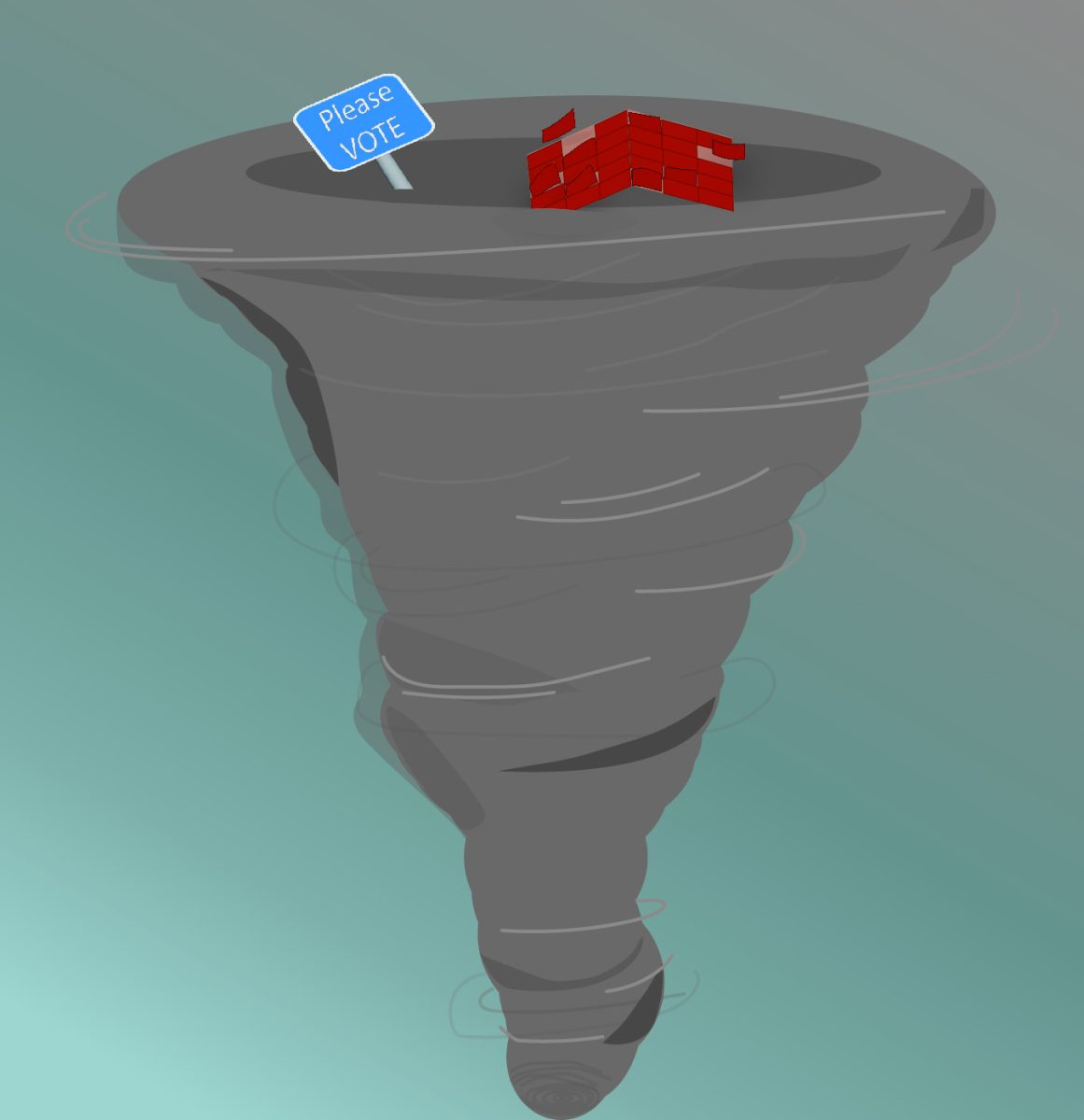

Mia Cabello / The Paisano
The showcase “Unlocking Business Research,” which featured the applied research of UTSA professors, spotlighted diversity in research topics within the College of Business. The UTSA College of Business hosted the showcase on Nov. 9.
The event began with a brief introduction from the College of Business Dean Gerry Sanders who praised the work of his colleagues as both impressive and enlightening.
“The research today is quite practical,” Sanders said, addressing the audience of intellectuals, “and I’m very proud of what you’re all going to see here.”
After Sanders’ introduction, the showcase continued with a brief plenary session with two speakers and was followed by two breakout sessions. The topics for the plenary sessions varied in gravity; the first lecturer spoke about breaches in cyber security, and the second lecturer spoke about gaming.
Associate professor Dr. Nicole Beebe delivered the first plenary lecture on cyber security methods. Beebe discussed methods for identifying “insider threats” in the corporate world.
“Insiders are members of your organization – trusted members – who inevitably go against it,” said Beebe. She then stated that, in a recent survey, one-third of employees admitted to finding or taking confidential information from their employers.
Employers concerned about threats to cyber security may monitor “insiders” for increased levels of server activity among system users, especially after “trigger events” such as their being passed up for a promotion, Beebe said. While, of course, not every employee will act against their employer — the larger the company, the more precautions a company takes.
Moving from cyber security to a lighter topic, marketing professor Dr. Suman Basuroy presented the second plenary lecture on video games. He discussed the “superstars” of the video game industry, such as the Grand Theft Auto and Call Of Duty franchises.
Basuroy also provided insight into what makes superstar games so stellar – besides stellar profits. In fact, Basuroy said, the stellar profits are forecasted. In other words, “superstar” quality – in videogame marketing – is not random.
Basuroy’s research showed that a critical factor of success is the video game industry’s status as a network market, which means that a game’s sales are often dependent upon sales of its consoles and vice-versa.
The following two lectures were held simultaneously in separate rooms by Dr. Karan Bhanot professor of finance and Dr. Rajesh Bhargave assistant professor of marketing.
Bhargave lectured on how online information and its availability impacts potential consumers’ offline purchase decisions. The results from his study showed that customers were more likely to buy items when online information was available.
To encourage the audience’s participation, Bhargave asked his audience what percent of U.S. purchases they believed occurred online. Bhargave’s example of this was that customers react positively to the mention of a company website, but negatively to the mention of more information for a specific item available online.
The audience’s responses ran the gamut. Participants suggested figures from 20 percent to 75 percent. But no one was close; Bhargave said that in fact only 6.2 percent of purchases occur online.
Bhanot discussed how regulatory uncertainty affects borrowing costs nationwide, indicating that investors demand premiums to compensate for such unreliable regulations in the event of bankruptcy.
The last two speakers were assistant professors of management Dr. Dina Krasikova and Dr. Matthew McCarter. Krasikova and McCarter, like Bhargave and Bhanot, also presented simultaneously.
McCarter discussed a consumer behavior known as “auction fever,” when individuals bid more for an item than it’s worth. Based on his studies of Amazon.com and eBay Inc., McCarter found that auction fever increases when prices are lower and decreases when the economic stakes are higher.
Krasikova summarized her research on destructive leadership in organizations. Additionally, Krasikova offered strategies that could reduce occurrences of destructive leadership and its negative influences on the business atmosphere.
Following the lectures, the discussion continued at a follow-up reception hosted by the College of Business.





